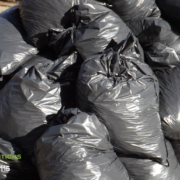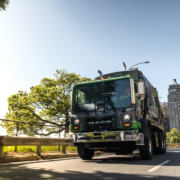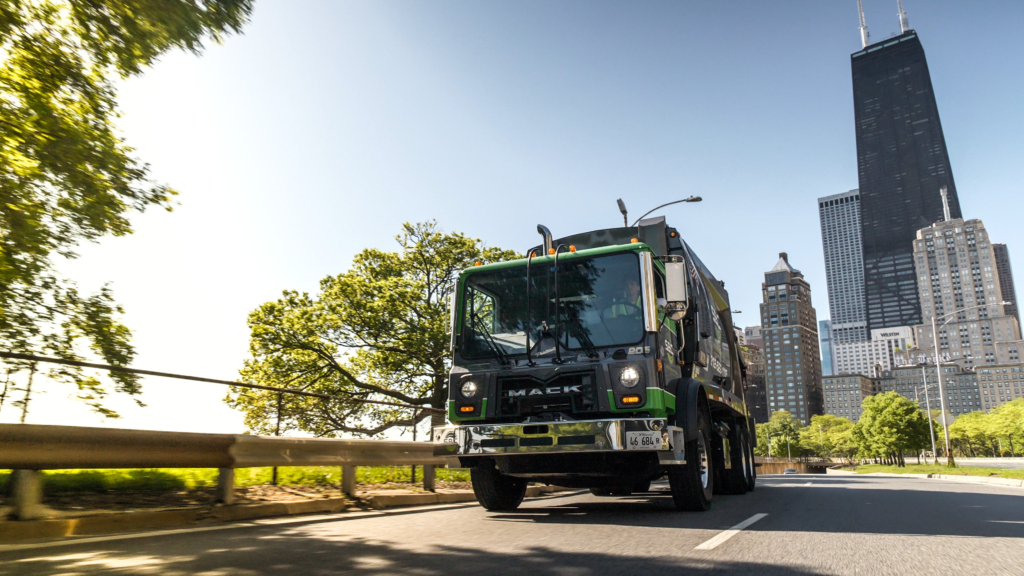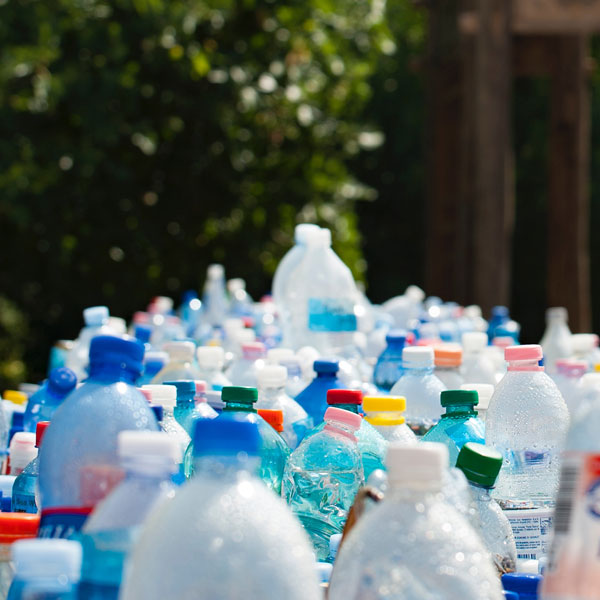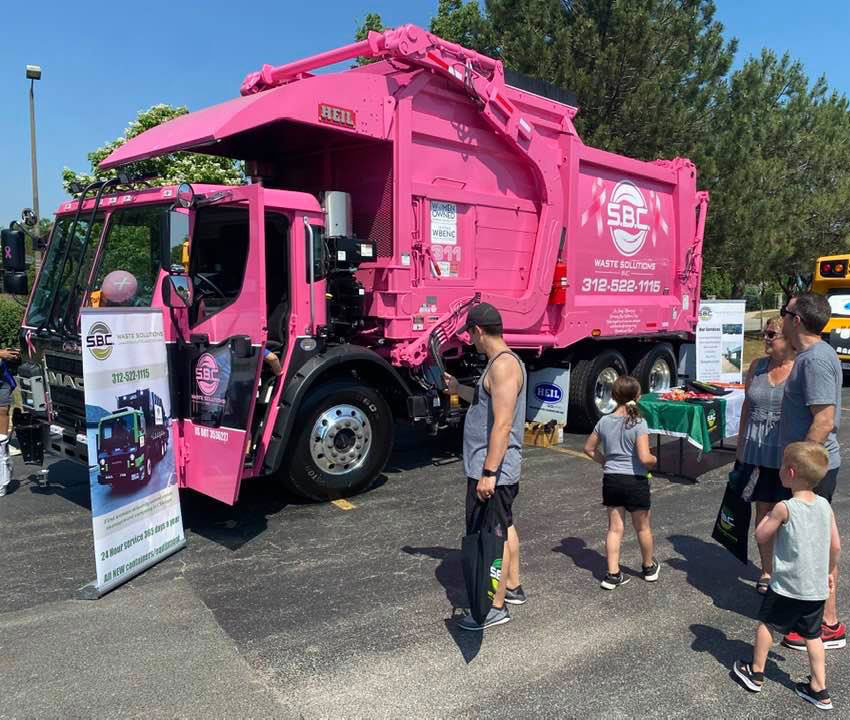How to Properly Dispose of Hazardous Waste and Special Items
How to Properly Dispose of Hazardous Waste and Special Items
Did you know that improper disposal of hazardous waste can lead to severe environmental and health issues? With the increasing urgency for environmentally friendly practices, it’s more important than ever to learn how to properly dispose of hazardous waste and special items. This blog post will guide you through the essential steps and best practices for disposing of hazardous waste, ensuring you’re making a positive impact on your community and the planet.
Understanding Hazardous Waste
Definition of Hazardous Waste and Its Categories
Hazardous waste is any waste material that poses substantial or potential threats to public health or the environment. These wastes can be liquids, solids, gasses, or sludges. Hazardous waste is typically categorized based on its characteristics, including toxicity, reactivity, ignitability, and corrosivity. Knowing these categories helps in identifying and managing waste properly to minimize risks.
Examples of Common Household Hazardous Waste Items
Many everyday household items fall under the category of hazardous waste due to their potential harmful effects. Some common examples include:
- Batteries: Contain heavy metals such as lead, cadmium, and mercury.
- Paints and Solvents: These include oil-based paints, thinners, and varnishes that can release harmful fumes.
- Pesticides and Herbicides: Contain chemicals that can be toxic to both humans and wildlife.
- Household Cleaners: Products like bleach and ammonia can be corrosive and release toxic fumes.
- Electronics: Items like smartphones, TVs, and computers often contain hazardous materials, including lead and other heavy metals.
Properly identifying and disposing of these items is crucial for reducing environmental pollution and safeguarding human health.
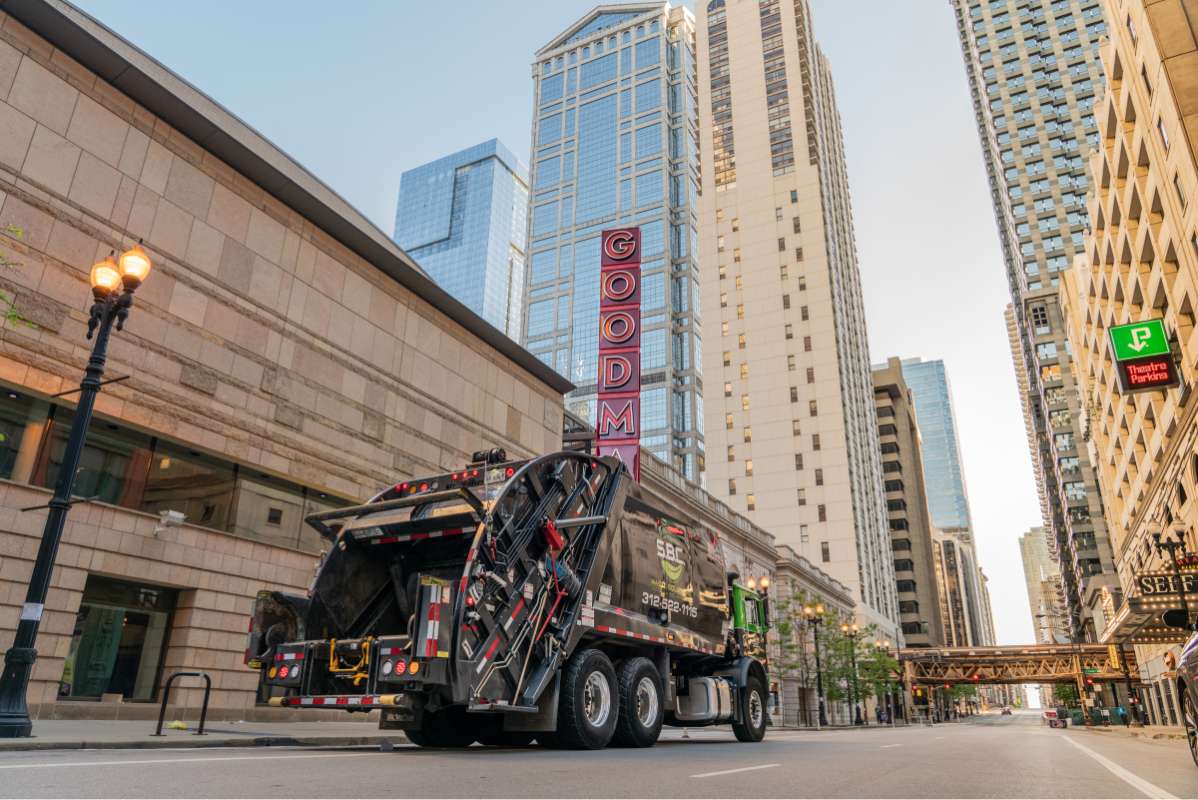
Dispose of Hazardous Waste
Why Proper Disposal Matters
Proper disposal of hazardous waste is critical for several compelling reasons. First and foremost, it helps to protect the environment. Hazardous substances, when improperly discarded, can leach into the soil and water systems, causing contamination that affects plants, animals, and entire ecosystems. This pollution can persist for years, making it difficult to remediate and leading to long-term ecological damage.
Secondly, proper disposal is vital for human health. Exposure to hazardous waste can occur through direct contact, inhalation of fumes, or contamination of food and water supplies. Such exposure can lead to a range of health issues, from acute effects like skin irritation and respiratory problems to chronic conditions such as organ damage and cancer. By ensuring that hazardous waste is handled and disposed of correctly, we can minimize these health risks.
In addition, adhering to proper disposal practices helps to comply with legal and regulatory requirements. Many regions have specific laws governing the disposal of hazardous waste to prevent environmental degradation and protect public health. Failure to comply can result in hefty fines and penalties, making it both an ethical and financial imperative to dispose of hazardous waste responsibly.
Finally, taking the time to learn and implement proper disposal methods sets a positive example for the community. It fosters a culture of responsibility and environmental stewardship, encouraging others to follow suit. By collectively striving for proper disposal, we contribute to a cleaner, safer, and more sustainable world.
How to Identify Hazardous Waste
Identifying hazardous waste is a critical step in ensuring its proper disposal. Here are some key indicators and guidelines to help you recognize hazardous waste:
Look for Warning Labels
Many hazardous products come with warning labels that indicate their potential danger. These labels often include symbols such as skull and crossbones for toxicity, flame for flammability, and exclamation marks for general cautions. Always read and heed the warnings on the product packaging.
Check the Material Safety Data Sheets (MSDS)
Material Safety Data Sheets (MSDS) provide detailed information about the properties and dangers of chemicals and other hazardous materials. These sheets will outline the product’s toxicity, reactivity, corrosivity, and ignitability, helping you determine if it should be classified as hazardous waste.
Understand the Product Categories
Familiarize yourself with common categories of hazardous waste as discussed earlier, including batteries, paints and solvents, pesticides, household cleaners, and electronics. Knowledge of these categories makes it easier to identify hazardous waste in your home or workplace.
Assess Physical Properties
Examine the physical properties of the waste. Hazardous waste often has specific characteristics such as being highly flammable, corrosive, reactive (can cause explosions or release toxic gasses), or toxic (can cause harm to humans and animals upon contact or ingestion).
Consult Local Guidelines
Local guidelines and regulations can also help in identifying hazardous waste. Many municipalities provide resources and information on what constitutes hazardous waste and how to handle it safely. Always consult these guidelines to ensure compliance with local laws.
By following these steps, you can effectively identify hazardous waste and take the necessary actions to dispose of it properly.
Disposal Options for Hazardous Waste
Proper disposal of hazardous waste is essential for minimizing environmental impact and protecting human health. Here are several disposal options to consider:
Household Hazardous Waste Collection Programs
Many communities offer household hazardous waste (HHW) collection programs. These programs provide designated drop-off locations or scheduled collection events where residents can safely dispose of items like batteries, paints, and pesticides. Check with your local waste management authority to find out about the HHW programs available in your area.
Recycling Centers
Some hazardous materials can be recycled, reducing the need for raw materials and conserving resources. For example, electronics containing heavy metals can be processed at specialized recycling centers. Similarly, certain batteries and fluorescent bulbs can also be recycled. Ensure that you bring these materials to authorized recycling facilities that are equipped to handle hazardous waste.
Take-Back Programs
Manufacturers and retailers may offer take-back programs for specific hazardous products, such as electronics, batteries, and pharmaceuticals. These programs allow consumers to return unwanted items to the point of purchase or designated drop-off locations. The collected items are then safely recycled or disposed of by the manufacturer.
Professional Hazardous Waste Disposal Services
For businesses and large-scale waste producers, professional hazardous waste disposal services are available. These services are equipped to handle a wide variety of hazardous materials and ensure that they are disposed of in compliance with state and federal regulations. Hiring a certified hazardous waste disposal company can provide peace of mind and ensure the safe and legal handling of waste.
Local Government Drop-Off Sites
Many local governments maintain permanent drop-off sites for hazardous waste, where residents can bring items year-round. These sites are typically staffed by trained personnel who can guide you in safely disposing of your hazardous waste.
When selecting a disposal option, always verify that the facility or program is authorized to handle the specific type of hazardous waste you have. Proper disposal not only protects the environment but also ensures the safety and well-being of your community.
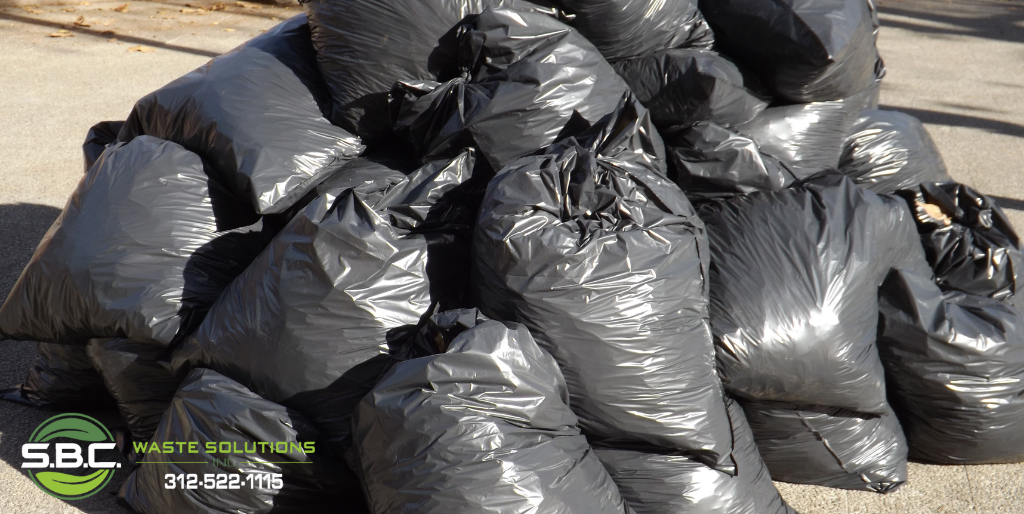
Dispose of Hazardous Waste
Special Items and Their Disposal Methods
Certain hazardous waste items require special disposal methods due to their unique properties and potential dangers. Here are some of these special items and the recommended disposal procedures:
Pharmaceuticals
Unused or expired medications should not be thrown in the trash or flushed down the toilet, as they can contaminate water supplies and harm wildlife. Instead, take advantage of pharmaceutical take-back programs or designated collection sites at pharmacies or medical facilities. These programs ensure that medications are disposed of safely and responsibly.
Sharps (Needles and Syringes)
Disposing of sharps, such as needles and syringes, requires particular care to prevent injury and disease transmission. Use a designated sharps disposal container, typically available at pharmacies and healthcare providers, and never place sharps in the regular trash. Once the container is full, follow local guidelines for proper disposal, which may include drop-off sites or mail-back programs.
Paints and Solvents
Both oil-based paints and certain solvents contain hazardous chemicals that can be harmful if not disposed of correctly. Many household hazardous waste collection events or facilities accept these items. Latex paint, if completely dried, can sometimes be disposed of in the regular trash, but oil-based paint and solvents must follow the guidelines for hazardous waste.
Pesticides and Herbicides
These products contain chemicals that can be very harmful to both human health and the environment. Never pour them down the drain or dispose of them with regular trash. Instead, use household hazardous waste collection programs specifically designed to manage these substances safely.
Mercury-Containing Devices
Items like thermostats, thermometers, and some light bulbs contain mercury, a highly toxic substance. Local hazardous waste facilities or special mercury recycling programs are typically equipped to handle these materials safely. Do not break or mishandle these items to prevent mercury release.
Asbestos
Asbestos is a hazardous material that is commonly used in building materials and requires specific handling procedures due to its health risks. Never attempt to remove or dispose of asbestos-containing materials yourself. Instead, contact professional asbestos abatement services that are trained and certified to handle and dispose of asbestos safely.
By recognizing these special items and following the appropriate disposal methods, you contribute significantly to environmental conservation and public safety. Proper management of hazardous waste not only protects human health but also preserves the integrity of our natural ecosystems.
Conclusion
Disposing of hazardous waste safely is a crucial responsibility that we all share. By utilizing the various disposal options available, we can protect our communities and environment from the harmful effects of these materials. Remember to always verify the authorization of facilities and programs before disposing of hazardous waste and handle special items with care. Together, we can make a positive impact on protecting human health and preserving our planet for future generations. So next time you need to dispose of household hazardous waste, remember these tips and do your part in keeping our communities safe and healthy!
https://www.google.com/maps?cid=4180240075447051620

